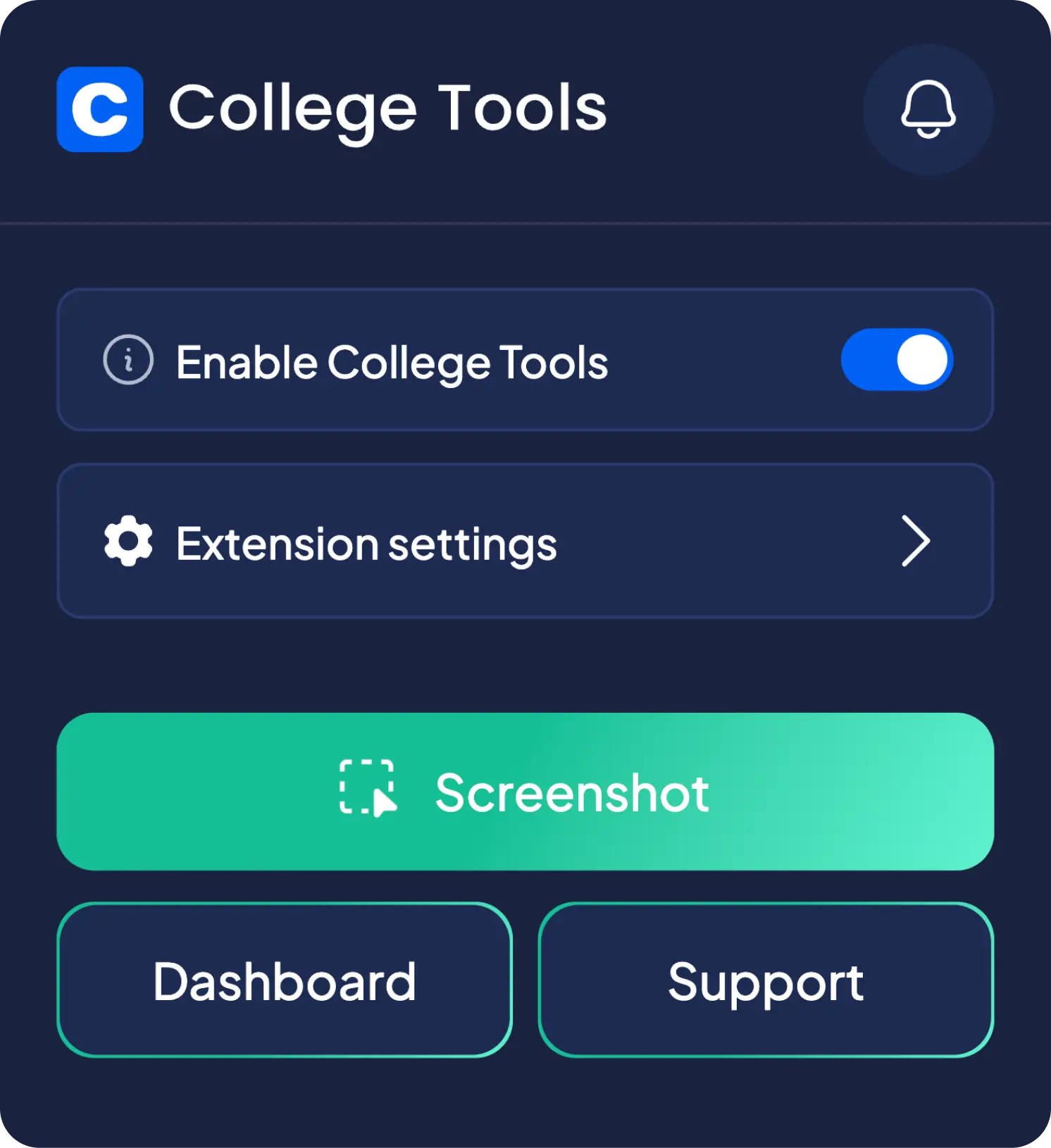Table of Contents
The Transformation of High School Education Through Learning Apps
With the digital age in full swing, high school students are becoming increasingly reliant on technology for their educational needs. Learning apps provide a unique platform that caters to the diverse learning styles and needs of students. Research from Educational Technology Journals suggests that students who use learning apps demonstrate improved engagement and retention of knowledge. The interactive nature of these apps makes learning more appealing and less monotonous for students who might otherwise find traditional classroom methods unengaging.
Efficiency in Learning
A key benefit of adopting learning apps is the improved efficiency they provide. Through personalized lessons and adaptive learning technologies, students can learn at their own pace and have a custom-tailored curriculum that suits their individual needs. According to ScienceDirect, students can achieve better outcomes in less time by using apps to study efficiently, as these platforms often incorporate elements of gamification and immediate feedback.
Interactive Study Methods
In a high school setting, the importance of interactivity cannot be overstated. Learning apps offer a plethora of interactive study tools that keep students engaged. Whether it's through quizzes, flashcards or educational games, these apps transform the learning process into an enjoyable activity. They address a key challenge in education — maintaining student interest.
Mastering Multiple Choice Questions With Learning Apps
High school students frequently encounter multiple-choice questions, whether as part of standardized testing or regular assessments. Mastery of this format is crucial for academic success. Learning apps that include a multiple choice questions solver can greatly aid students in understanding the strategies for answering these types of questions. By providing practice and immediate feedback, students can identify their weaknesses and improve their test-taking skills.
Adaptive Learning for Personalization
Adaptive learning algorithms within apps personalize the educational experience, allowing for learning paths that adjust to a student's performance. This level of customization ensures that students are neither overwhelmed with difficulty nor bored with content that's too easy. Learning apps excel in offering educational content that grows with the student.
Encouraging Productive Study Habits with Learning Apps
Productivity is a skill that high school students must cultivate for both their academic journey and future career paths. Learning apps often come with built-in productivity tools that help students manage their time and prioritize tasks. Features such as to-do lists, reminder notifications, and progress trackers instill organizational skills and encourage students to study efficiently.
Streamlining Study Sessions
The power of learning apps to streamline study sessions cannot be ignored. With all study materials and resources accessible in one place, students can focus more on learning rather than organizing their study materials. The ease of access to study content aligns with the fast-paced lifestyle of today's students and supports a more efficient study environment.
The Significance of Learning Apps in the High School Curriculum
Integrating learning apps into the high school curriculum offers a robust solution to the challenges of contemporary education. It supports differentiated instruction strategies and meets the diverse educational requirements of students.
Bridging Learning Gaps
Learning apps can bridge the gap between different learning levels among students in a high school class. They are instrumental in providing extra support where needed and introducing advanced concepts to capable students. This flexible approach fosters a more inclusive and supportive educational environment.
Preparing for the Future
As we prepare students for a technology-driven world, learning through apps also prepares them for the digital workplace. It develops their digital literacy and equips them with the skills needed in the 21st century. Furthermore, such experience can ignite a passion for lifelong learning, which is increasingly valuable in today's society.








